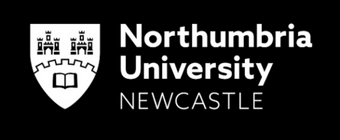Physics is about understanding what’s around us, from the smallest particle to the far reaches of the universe. Physicists are problem solvers, future shapers, and at Northumbria we empower our Physics students to think creatively about how to tackle the challenges we put in front of them.
The Physics MPhys offers motivated, industrious students an integrated Masters award, meaning that you gain a deeper understanding of Physics as a subject and tackle open research questions in Physics, achieving a higher qualification than many other graduates in the same job market.
Research strengths in areas such as quantum devices, smart and nano materials, soft matter, chaos theory and dynamical systems underpin our integrated Masters Physics course.














